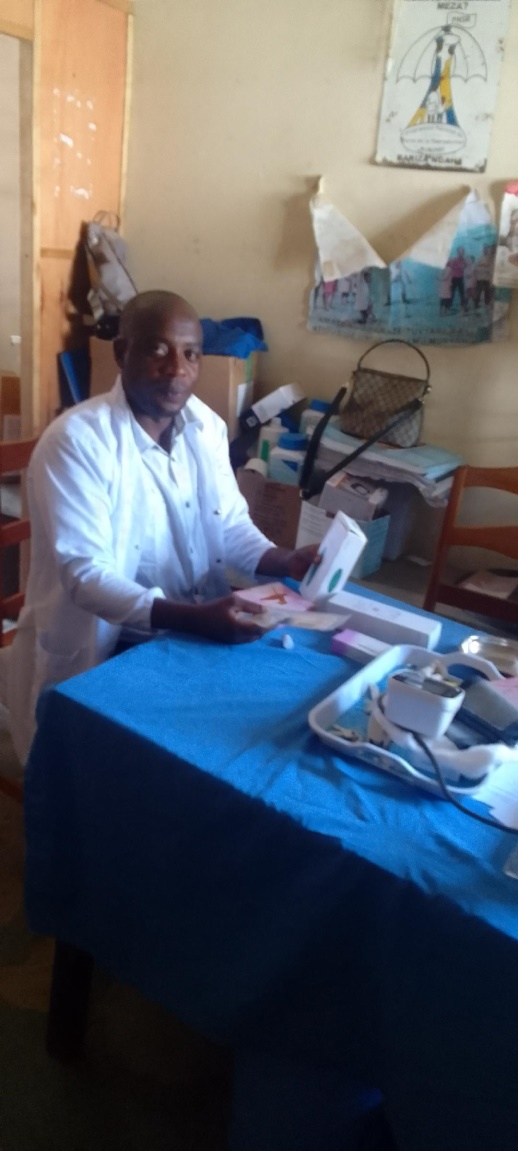BUJUMBURA, January 16th (ABP) – Family planning is a set of methods that allow individuals and couples to make decisions about the number of children they want to have and when they want to give birth to them. This was announced on Monday, January 13, 2025, by André Ntakarutimana, a nurse at the Kamenge Community Medicine Center, during an interview he gave to a check by ABP.
Mr. Ntakarutimana said that with community health workers, women were sensitized to practice family planning in order to prevent unwanted pregnancies, space births to ensure good health for the mother and child, and make informed decisions about their sexual and reproductive health. He called on all women to adhere to family planning for their well-being.
Mr. Ntakarutimana said that to invite women to adopt family planning, a system of mass awareness on the importance and benefits of the practice, has been adopted. He underscored that this practice is taking place at the center, at workplaces and within local communities through community health workers. He added that the latter have distributed brochures and other information materials in places accessible to women.
That health professional also told the check by ABP that women are encouraged to talk openly about the subject of family planning with their partners, friends and families, to break taboos and encourage open and frank discussion.
However, he deplored that some women do not adhere to contraceptive methods because of culture and their religious belief because, he said, some churches and communities do not accept this practice.
Mr. Ntakarutimana revealed that another challenge related to this is that the subject of family planning is perceived as taboo by many people, which prevents it from being addressed in an open and transparent manner during sensitization sessions.
He thus noted that the role of leaders in sensitizing the population on family planning is essential. “They are better placed and reliable to provide information and give clear messages on the different contraceptive methods, on sexually transmitted diseases, on sexual and reproductive health, and on access to reproductive health services,” he stressed.
Noting that there are several contraceptive methods, including oral contraceptives, condoms, intrauterine devices, contraceptive implants, spermicides, vasectomy or tubal ligation, Mr. Ntakarutimana indicated that each person is free to choose the method that is favorable to their well-being.

